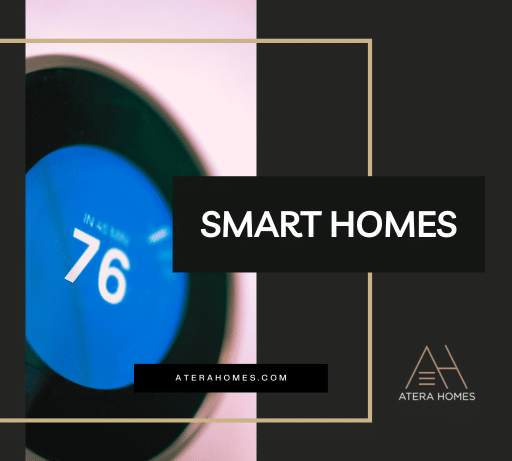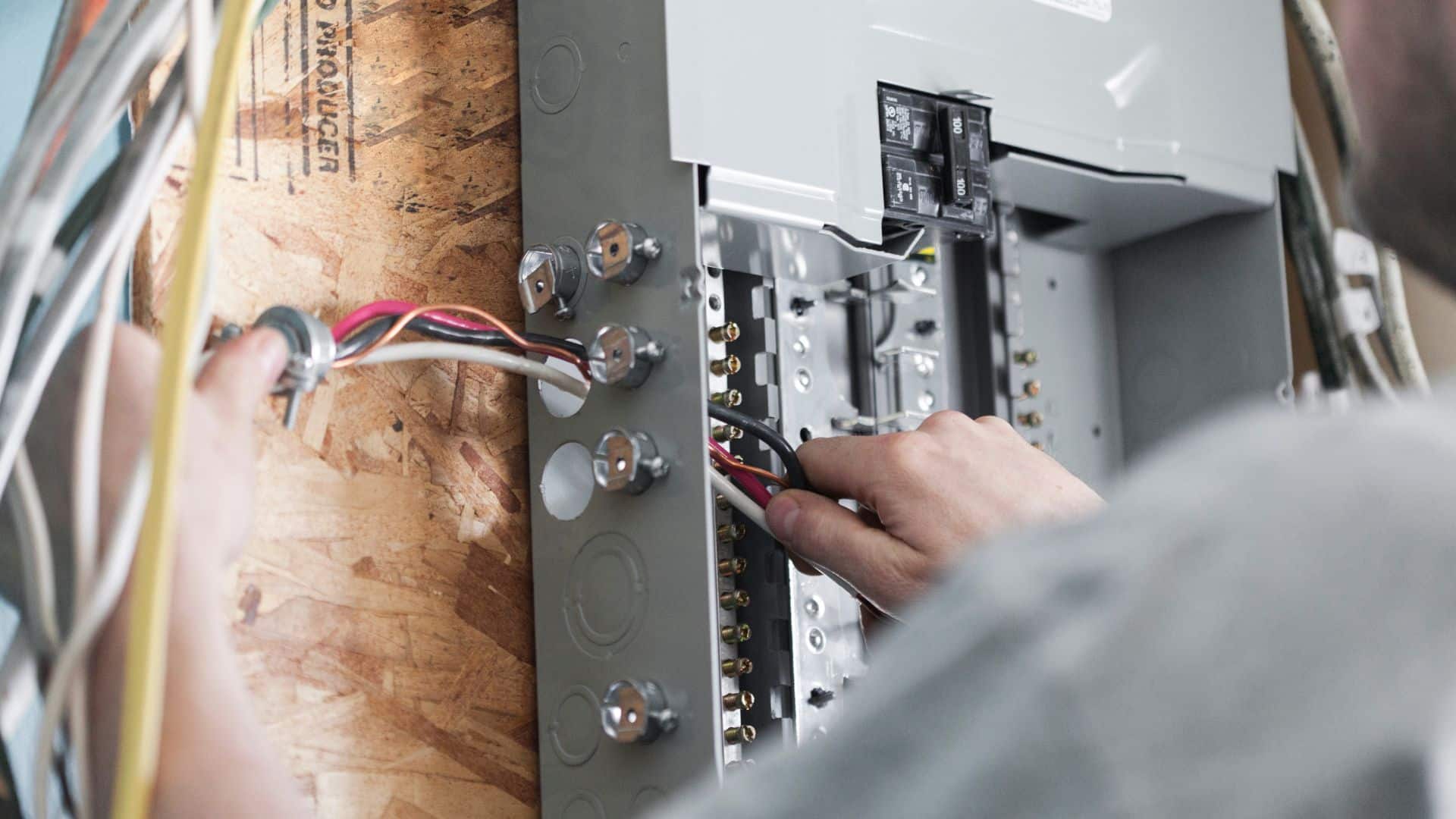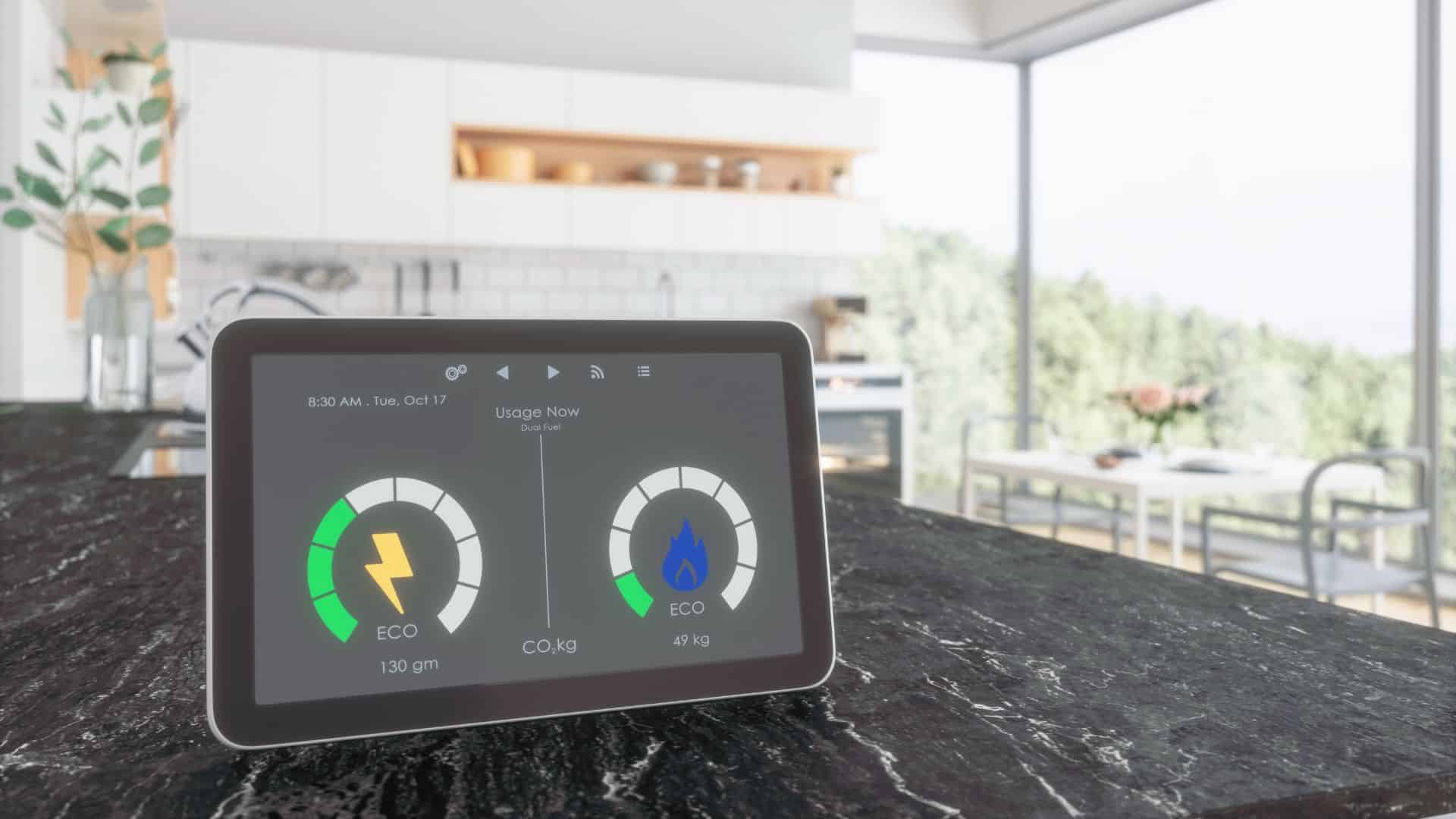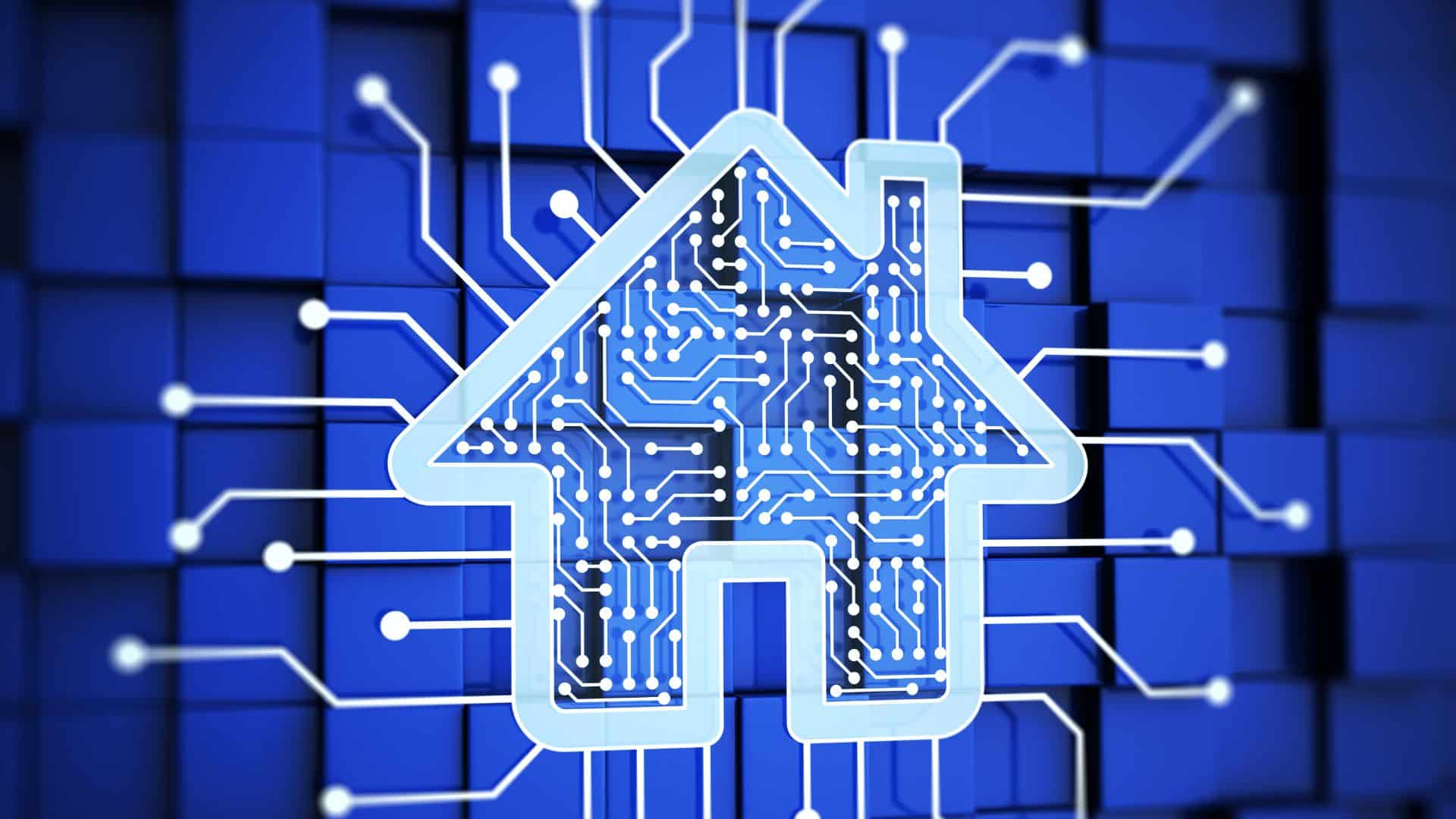In today’s fast-paced world, the concept of “smart homes” is redefining the way we live. With the advancement of technology, the idea of seamlessly integrating devices and systems within our living spaces has become a reality.
Imagine never having to worry about security, turning the lights off, who’s at your front door, if your door is locked, or if the temperature in your home is just right.
At its core, a smart home refers to a dwelling equipped with interconnected devices and systems that can be controlled remotely, often through a smartphone or voice-activated assistant. These intelligent homes are designed to enhance comfort, security, and energy efficiency while simplifying daily tasks.
Getting Started with Smart Homes
Benefits of a Smart Home
- Enhanced Convenience and Comfort: Smart homes adapt to your preferences, adjusting lighting, temperature, and more, to create the ideal environment.
- Energy Efficiency and Cost Savings: Automated systems optimize energy usage, resulting in reduced utility bills.
- Improved Security and Safety: Smart security systems offer real-time monitoring and alerts, ensuring peace of mind.
- Integration of Devices and Systems: Devices work harmoniously, offering seamless control through a single interface.
Key Components of a Smart Home
- IoT in Smart Homes: The Internet of Things (IoT) revolutionizes smart homes by enabling seamless connectivity among intelligent voice assistants, connected appliances, home automation systems, smart lighting, climate control, and security and surveillance systems. This interconnected network transforms your living space into a cohesive and responsive environment.
- Interconnectivity and Communication: Within a smart home ecosystem, interconnectivity and communication facilitate the exchange of information between devices, allowing them to collaborate harmoniously in performing tasks and responding to your commands, creating a unified and efficient living experience.
- Data Collection and Analysis: These interconnected devices collect data about your preferences and activities, and through sophisticated analysis, they refine their responses, optimizing energy efficiency, security protocols, and personalization to enhance your quality of life.
The Role of the Internet of Things (IoT) in Smart Homes
- IoT in Smart Homes: The Internet of Things (IoT) forms the backbone of modern smart homes, connecting devices and systems in a web of interactivity, offering unprecedented control and convenience.
- Interconnectivity and Communication: Devices in a smart home communicate seamlessly through wireless protocols, ensuring that your lights, appliances, security systems, and more work together harmoniously to enhance your daily life.
- Data Collection and Analysis: Smart homes gather data from various devices to provide insights into your habits and preferences. This information is then analyzed to optimize energy usage, security protocols, and overall functionality, creating a tailored living experience.
Smart Homes in Seattle, WA – The Rise of New Technologies
Seattle and the Eastside are known for their fast adoption of new technology. With businesses like Amazon and Microsoft based nearby, there are plenty of tech-savvy consumers in the area.
According to a study conducted by Zillow in 2019, Seattle ranks number 6 in the country for cities with the most smart homes. Bellevue ranks #4 in the nation with the most smart homes.
The Rise of Smart Home Technology – Common Questions and Challenges
The evolution of smart homes can be traced back to the convergence of consumer electronics, connectivity, and the demand for efficiency. Today, the integration of devices like smart thermostats, lighting, and voice assistants has become increasingly common, transforming ordinary residences into sophisticated living spaces.
Do I Need an Electrician for a Smart Home?
Building a smart home might involve electrical adjustments, depending on the complexity of the automation systems. While some installations could be simple, others might require professional expertise. Collaborating with an electrician experienced in smart home technology can ensure a seamless integration process.
What is a Smart Home?
A smart home is an abode where technology serves to streamline daily routines. Through automation, residents can control various functions like lighting, security, temperature, and entertainment systems remotely. The objective is to create an environment that adapts to occupants’ preferences and needs effortlessly. Learn more about Custom Smart Homes.
How Does Smart Home Technology Work?
Smart homes rely on a network of interconnected devices, often utilizing the Internet of Things (IoT). These devices communicate with each other and can be controlled through a central hub or a smartphone app. Sensors, actuators, and software work together to enable automation, data collection, and analysis. You can find further Smart Home Automation ideas for your custom home on our other website post. Feel free to browse around!
How Expensive is it to Have a Smart Home?
The cost of implementing a smart home system can vary widely based on the complexity of the automation, the number of devices, and the desired functionalities. While there are upfront costs, the long-term benefits in terms of energy savings, enhanced security, and convenience often outweigh the initial investment.
Build Your Smart Home with Atera Homes
Atera Homes can make your dream home a reality and provide smart home services with all of its custom homes. If this is something you want included we have expert smart home installers who can customize the technology to fit your desires. Atera’s Custom Home Exterior Ideas blog post will include a detailed overview of design styles. We are here to build you an elegant single-story home or mansion with all the bells and whistles – here to help. Feel free to connect with us regarding making your custom smart home transformation a reality for your family!




